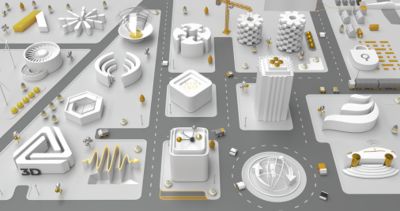Quick Specs
ConceptEV is a fast and accurate EV powertrain design platform with embedded solvers and control strategies for advanced analysis and optimization. This platform enables cross-functional engineering teams to connect component models and evaluate vehicle-level requirements.











